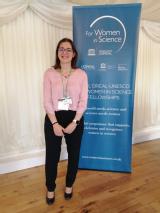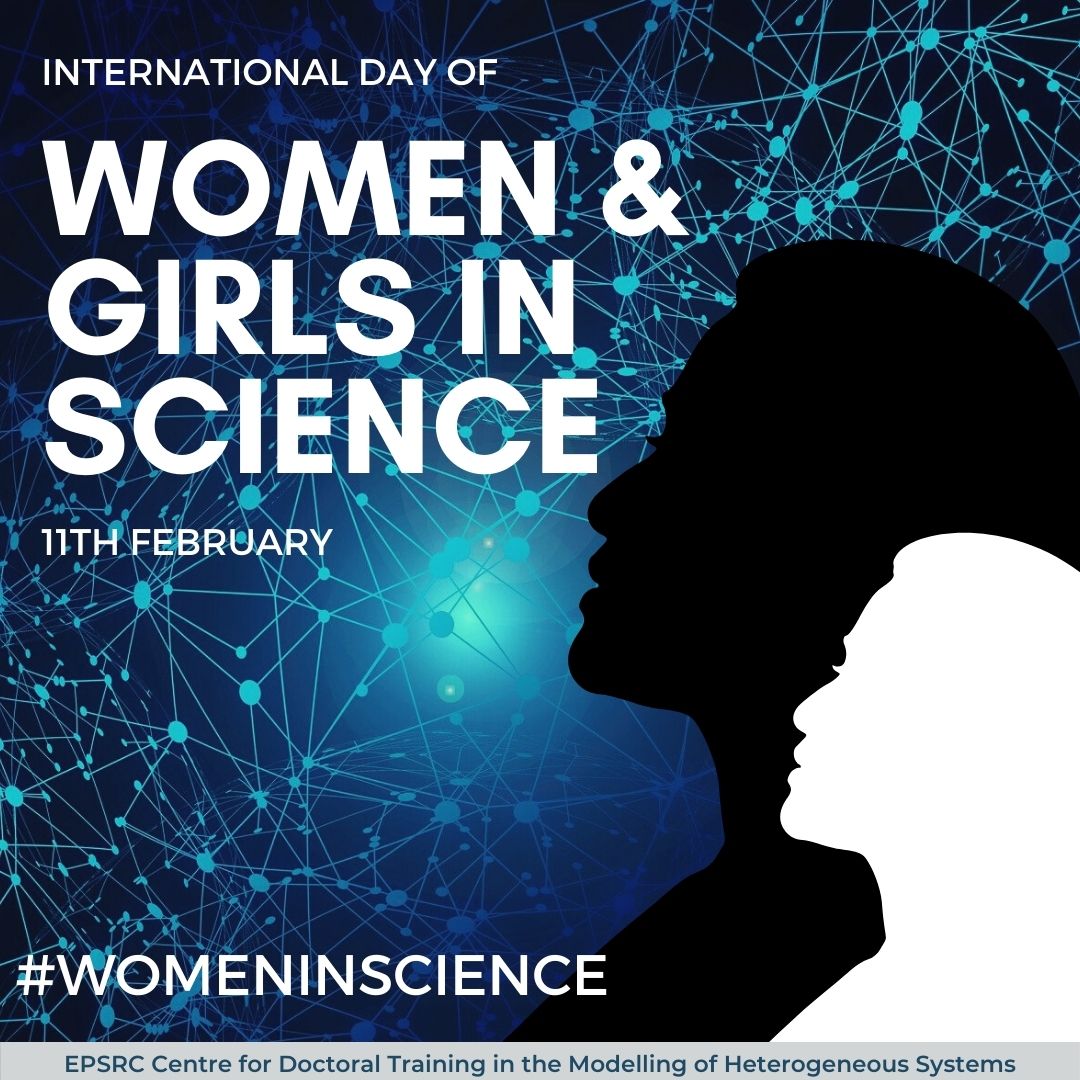Susana Gomes
 |
Susana Gomes is a Warwick Zeeman Lecturer and Leverhulme Early Career Fellow in the Mathematics Institute at Warwick as well supervising a current HetSys PhD project. Susanna's research interests are in applied analysis, with a focus on modelling and control of problems described by partial differential equations (PDEs) and with relevance to applications in the physical, life, and social sciences. The problems she works on usually involve an interplay between modelling, applied analysis and numerical simulations of PDEs and (systems of) ODEs or SDEs, often in multi-scale scenarios. |
How did your journey into working in the Physical Sciences begin?
I’m a bit of an odd one out because I am an applied mathematician, but I work with models that are relevant for the physical sciences. I never really knew what I was going to do, except that I liked maths and physics in high school. One day somebody suggested I participated in maths Olympiads, and there I met a lot of people who showed me research was a possibility and I never looked back! I did a maths degree, and somewhere along the line I realised that I really liked working with applicable topics rather than abstract mathematics. That’s what brought me to the UK for a PhD in Applied Maths and Mathematical Physics. I moved to Warwick at around the same time as HetSys was created and find it a really good fit for the research I do!
What is your favourite thing about working in the Physical Sciences?
The fact that I can work with mathematics, which is a very abstract thing, but apply it to physical systems, where you can actually see and understand how things work! Also, since my training is in mathematics, it feels like I can never start learning new things by talking to different people in this area.
Why do you think it is important to highlight women working in science? What does it mean to you?
I think highlighting role models is always good, regardless of gender. For me, growing up, I never had this image of a researcher or a scientist and so I never thought it was a career possibility and never had a proper answer to the “what do you want to do when you grow up?” question. Meeting people who did research for a living (and later people who acted as role models for me) had a dramatic impact on my career path and so I believe we should always highlight this!

